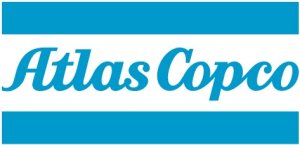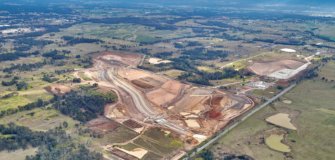Sustainable relocation of a Swedish industrial port with Atlas Copco’s electric E-Air compressor
Martin Sinclair Nov 21
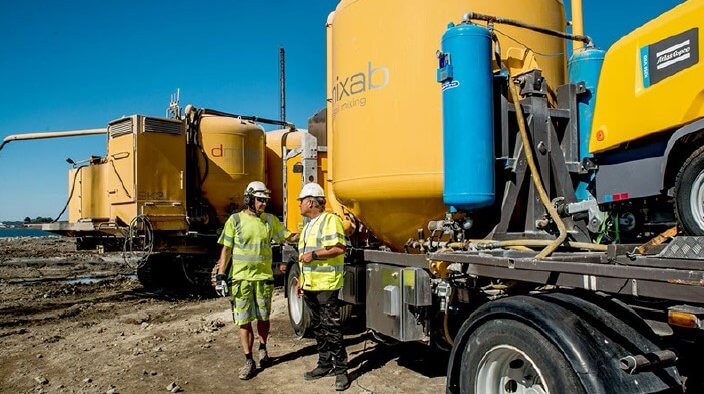
The city of Varberg, Sweden, is changing and the industrial port is being moved. The contractor Svenska dmixab is stabilizing the ground in a sustainable way with the help of the electric driven compressor E-Air H250 VSD, as well as a slag product from cement production.
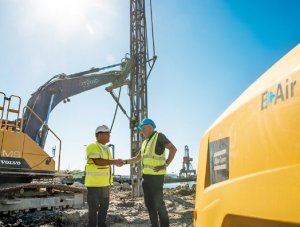 The owner of Svenska dmixab, Nibben Peterzéns, greets us at the construction site while instructing one of his operators and it is clear that he has almost 40 years of experience. The look in his eyes is alert, and after a short time on the construction site, you understand that his eyes register everything. Nibben says that he has specialized in ground foundation for most of his working life and his experience covers projects in the Nordics, Thailand and the US, but he is also a sought-after lecturer on the subject. Nibben confirms his expertise, sharing how Vägverket (the Swedish Road Administration) from time to time consults him in new projects when the conditions for ground foundation are uncertain.
The owner of Svenska dmixab, Nibben Peterzéns, greets us at the construction site while instructing one of his operators and it is clear that he has almost 40 years of experience. The look in his eyes is alert, and after a short time on the construction site, you understand that his eyes register everything. Nibben says that he has specialized in ground foundation for most of his working life and his experience covers projects in the Nordics, Thailand and the US, but he is also a sought-after lecturer on the subject. Nibben confirms his expertise, sharing how Vägverket (the Swedish Road Administration) from time to time consults him in new projects when the conditions for ground foundation are uncertain.
This time, the work site for one of the teams within Svenska dmixab, is located to the city of Varberg on the west coast of Sweden. Several extensive infrastructure projects are underway here, starting with moving the industrial port out of the center and redrawing parts of the railway depot. The relocation of the port will make a large area of valuable land available to become a new residential area with around 2,000 new apartments. At the same time, Varberg will get a new, modern, and efficient harbor.
The project with the new harbor Farehamnen runs until 2024. The port is already Sweden’s largest port for the export of sawn timber and the target for the new location, is continued expansion. It is over here Svenska dmixab creates stabilizing pillars (at a depth of 25 m) in the ground by blowing down a slag product with help from the electric compressor E-Air 250 VSD, where it mixes with the clay and water in the ground. The technique is called the dry method and it is used a lot in the Nordic countries due to the clay left by the ice age having particularly suitable properties. The multi-cement pillars will handle the loads that occur on the terminal area.
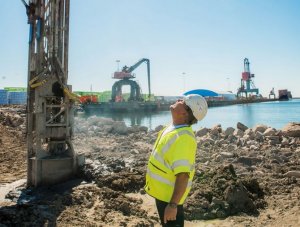 Since E-Air does not emit carbon dioxide emissions or noise, this, together with the choice of the slag product, gives the project an overall better sustainability – something that Nibben values highly:
Since E-Air does not emit carbon dioxide emissions or noise, this, together with the choice of the slag product, gives the project an overall better sustainability – something that Nibben values highly:
“For us, it is a given to contribute to the best possible sustainability in the projects, which is why we always choose to use the electrically powered compressor E-Air where possible. We report our emissions figures every month and want to show our customers that we are at the forefront. It is a win for both the environment, and for everyone involved in the project!”
Nibben Peterzéns – owner of Svenska dmixab


